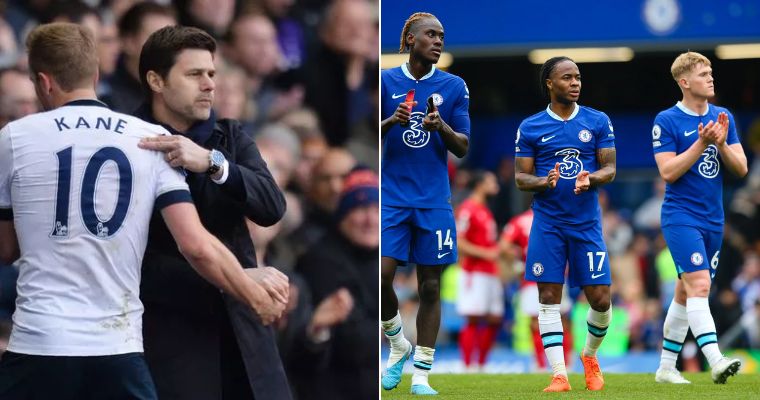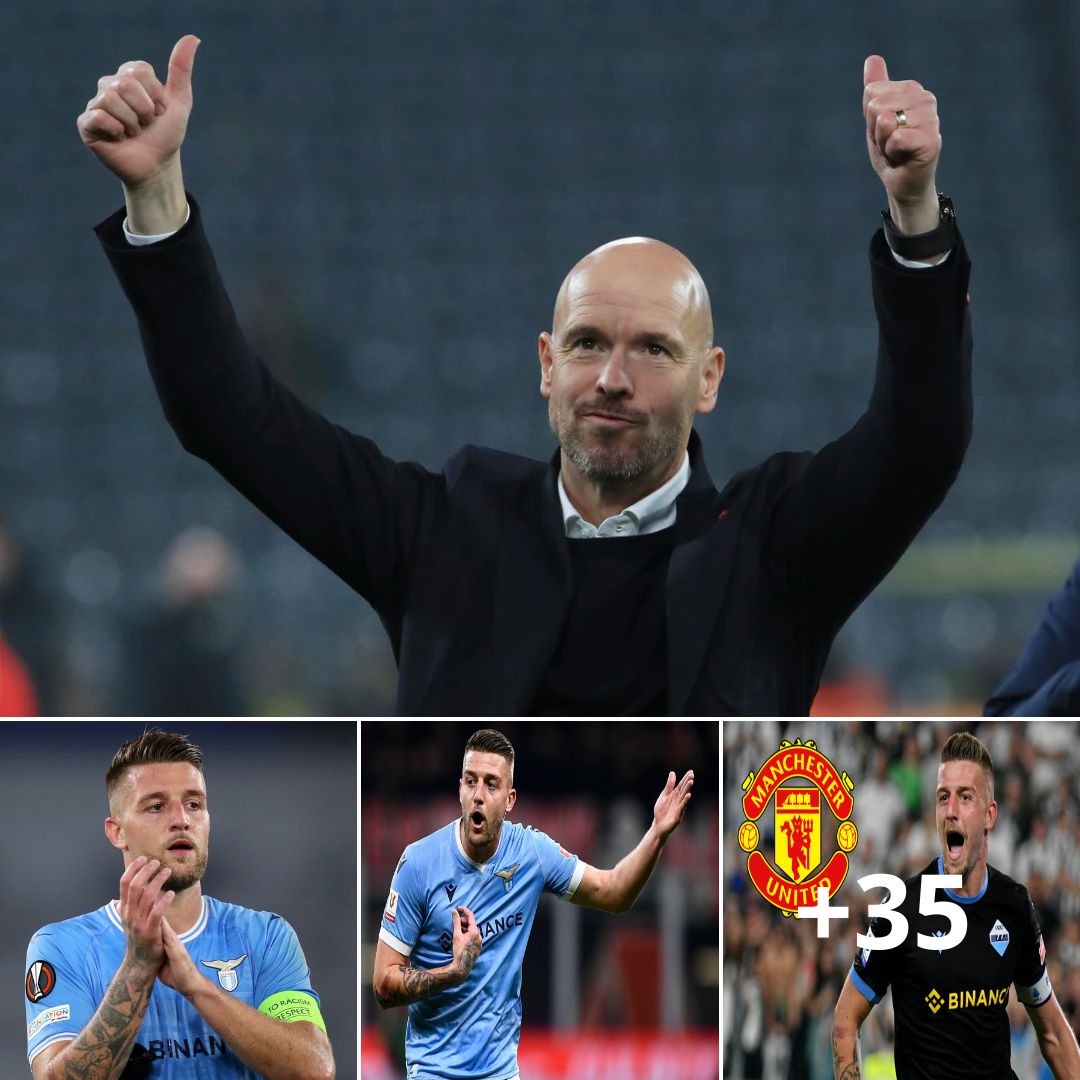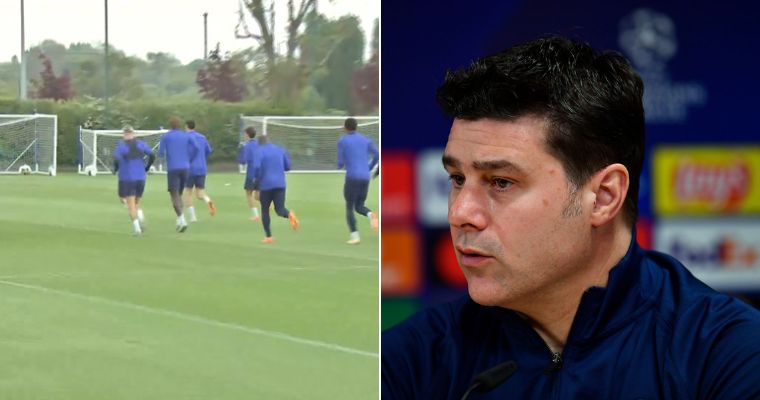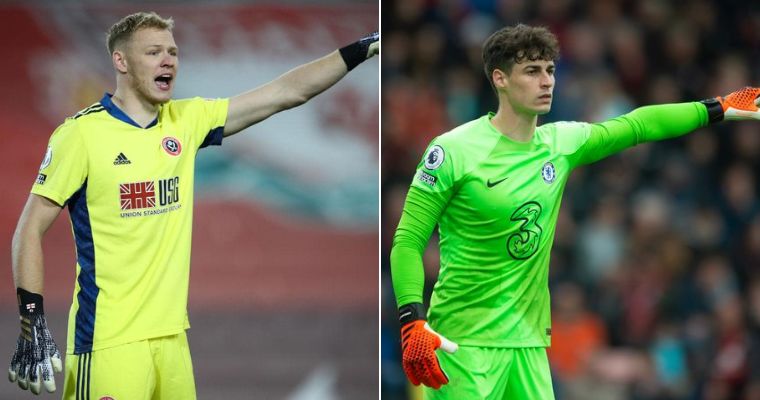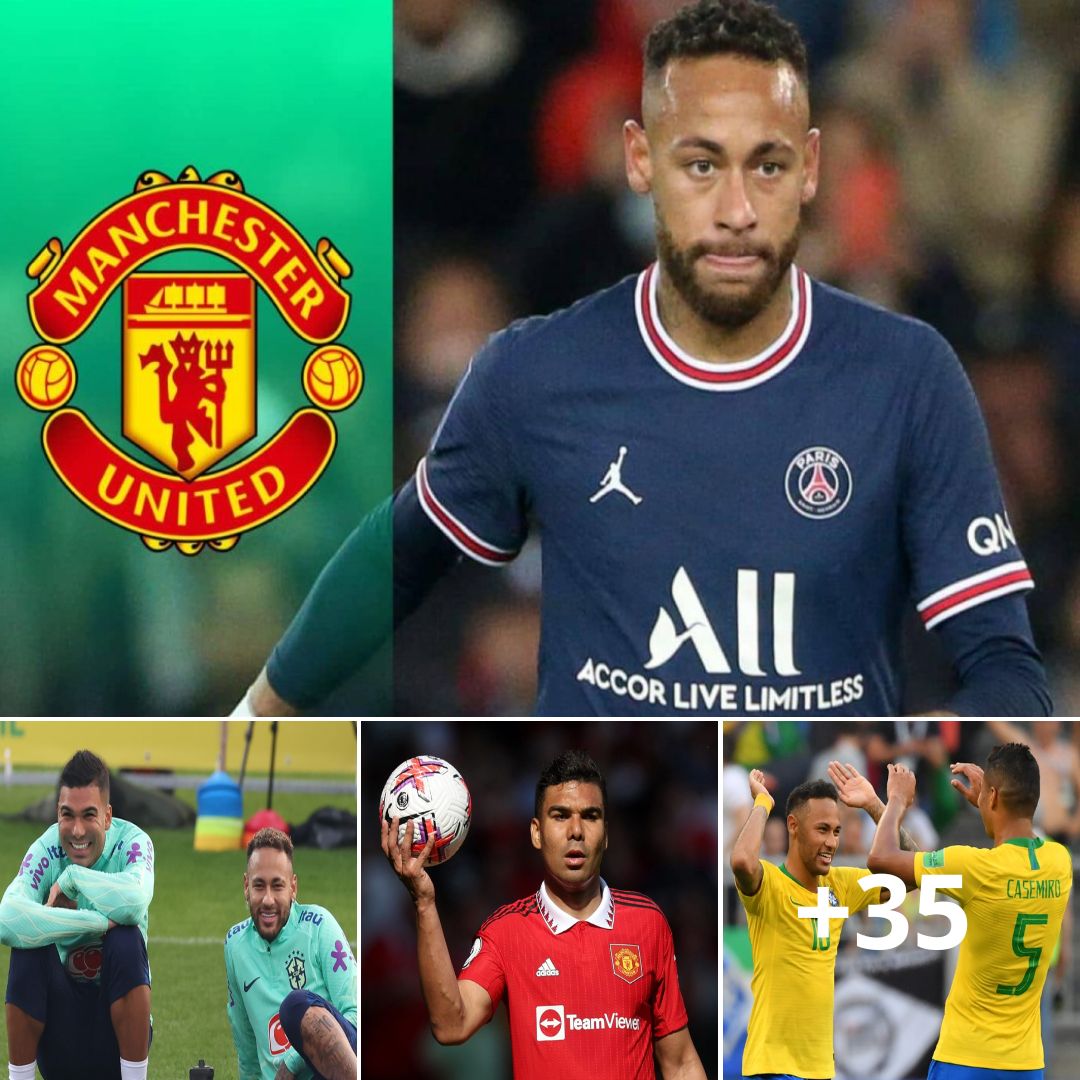Chelsea are appointing a coach that fits the profile of recent signings and an elite academy – they cannot let this marriage go to waste
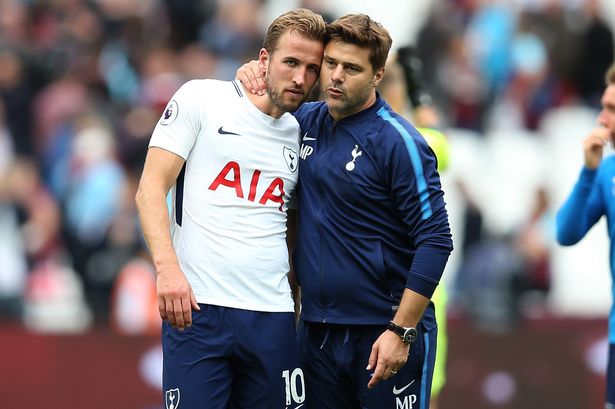
Mauricio Pochettino has a strong track record of developing young players as proven at Spurs (Image: (Photo by Catherine Ivill – AMA/Getty Images))
“I think it’s fair when you have a squad of 25 or 26 players that the young player, if he deserves to play, why not give him the chance? The younger player needs faith in them and you need to translate the feeling that you believe in them.”
Back in November of 2015, only in his second season as head coach of Tottenham Hotspur, Mauricio Pochettino was unequivocal about offering opportunities to the younger faces within his squad.
“The important thing is that they need to believe that you believe because, if not, it’s nothing. If they feel that you only want to add some names in your list, this is the worst thing you can show. When they feel that you believe, but really believe in them, it gives them extra. This is the moment they can play.”
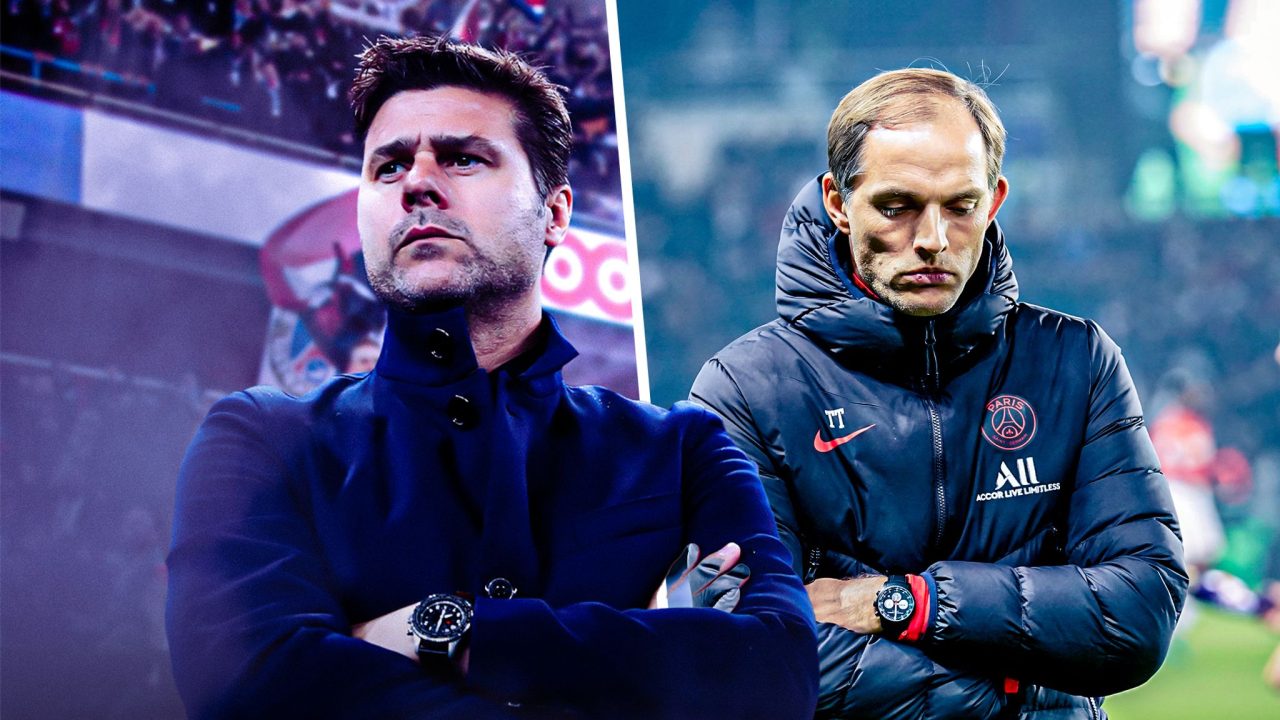
When speaking those words, Pochettino integrated the likes of Harry Kane, Dele Alli, Eric Dier, Ben Davies and Ryan Mason. In the coming year, half of the England team would come from the Argentine’s Spurs side.
“It’s not about age or name,” a nice sentiment, but one that was backed up by his time in North London. As we await the imminent announcement of Pochettino as the Blues’ next head coach, the benefit of that previous belief in young players can hopefully be replicated at Stamford Bridge.
Since the great Cobham breakthrough of 2019, the benefits seen with promoting talent developed internally within the club’s elite academy have significantly outweighed the cons. Mason Mount, Tammy Abraham, Callum Hudson-Odoi, Fikayo Tomori, Reece James, Billy Gilmour, Trevoh Chalobah, Armando Broja and Lewis Hall have all either been given their full debuts or runs in the team.
Some of that core has been permerntanly sold, others loaned, whilst the likes of Mount, have a big question mark over their heads regarding elongated contract talks.
Pochettino has proven in his career he holds little prejudice for age and little willingness to bow to experience if it is not serving his principles. Previous Chelsea coaches have not taken a similar view, arguably to the detriment of performances.
Taking a couple of recent examples illustrates this issue. Eyebrows were raised at the end of last season when Trevoh Chalobah, a player who had impressively broken through and performed well, was suddenly excluded from Tuchel’s plans for several weeks. In his place stood Cesar Azpilicueta, a legend of the club and admired servant, but a player increasingly looking behind the required pace, also making costly errors leading to goals.

In that instance, “experience” seemed to be offering Tuchel and Chelsea very little in their current performances. The weight of the past was overcoming the reality of the present.
Graham Potter equally baffled supporters with his selection decisions before his eventual dismissal in April. Continuing to field the likes of Hakim Ziyech, Kalidou Koulibaly, Mateo Kovacic, Pierre Emerick-Aubameyang and others over an emerging younger core of recently required signings or already available academy talents.
With the club’s new ownership embarking on a “long-term project” in the words of co-owner Todd Boehly, the investment in players under the age of 25 signalled an intention to bring the age of the squad down, to develop talent into their prime.
Andrey Santos, David Datro Fofana, Benoit Badiashile, Mykhailo Mudryk, Noni Madueke and Enzo Fernandez all fit into this category. Only Fernandez and Badiashile can be regarded as first-team regulars since their arrivals, with Fernandez gaining the most minutes of this core since January with over 1,000 in the Premier League, whilst Badiashile has just over 900.
Mudryk has 569, Madueke 454, with Fofana bottom with 60 minutes whilst Santos awaits a work permit to make his full debut for the club.
There is context here, given the sheer size of a bloated first-team squad that has garnered wide criticism for its inability to form a settled lineup. With players bursting out of the seams at Cobham, the cutting plan that is needed for Chelsea to get beach body ready for the summer is clear. Boehly needs a low-carb diet, to throw out the calories that are hurting Chelsea’s overall health.
Once that is cleared, Pochettino will have a more suitable core to work with, one who aligns with his previous work at Spurs and Southampton. It is then we can judge whether he will lean towards younger names, looking towards the future rather than the cynical pragmatism that has blighted recent Chelsea reigns.
The return of Lewis Hall to the starting lineup last weekend signalled the raw potential that Pochettino can work with above spending fortunes in the transfer market. The returning loan players like Levi Colwill from Brighton, or Ian Maatsen from Burnley only betters his options.
Some older names will inevitably remain due to their longer contracts or inability to sell. It is how Pochettino approaches those that will be fascinating, and similarly, how those names react to him.
Can Raheem Sterling find his best form again? Will Romelu Lukaku be reintgrated? What happens if Koulibaly remains?
Even after a trimming down of the squad, tough choices will need to be made ahead of a European-less campaign that comes with the benefit of more training time, but fewer games to satisfy fringe figures.
When arriving at White Hart Lane in the summer of 2014, Pochettino handed responsibility to some of the maligned older figures like Younes Kaboul and Emmanuel Adebayor. It was a signal of trust to get those players maybe unwilling on his side but gave him the leverage to exclude them later down the line when they inevitably betrayed his trust.
A similar approach might be needed at Chelsea, where the need for strong leadership and direction has not been greater in many years.




